Explosives can be divided into two categories: primary explosives and secondary explosives.Primary explosives are very sensitive to shock or heat, and they detonate very easily. That is, the energy of activation for the explosion is very small and easily overcome. In contrast, secondary explosives have a larger activation energy and are therefore more stable.
The first commercial secondary explosive was produced by Alfred Nobel in the mid-1800s. At the time, there were no strong explosives safe enough to handle. Nobel focused his efforts on finding a way to stabilize nitroglycerin:
Nitroglycerin is very shock sensitive and unsafe to handle. In an effort to find a formulation of nitroglycerin that would have a larger energy of activation, Nobel conducted many experiments. Many of those experiments caused explosions in the Nobel factory, one of which killed his younger brother, Emil, along with several co-workers. Ultimately, Nobel was successful in stabilizing nitroglycerin by mixing it with diatomaceous earth (a type of sedimentary rock that easily crumbles into a fine powder). The resulting mixture, which he called dynamite, became the first commercial secondary explosive, and numerous factories across Europe were soon built in order to produce dynamite in large quantities. As mentioned in the chapter opener, Alfred Nobel became fabulously wealthy from his invention and used some of the proceeds to fund the Nobel prizes, with which we are all so familiar.
Over time, it was discovered that workers in the dynamite production factories experienced several physiological responses associated with prolonged exposure to nitroglycerin. Most importantly, workers who suffered from heart problems found that their conditions greatly improved. For many decades, the reason for this response was not clear, but a clear pattern had been established. As a result, doctors began to treat patients experiencing heart problems by giving them small quantities of nitroglycerin to ingest.
With the passing decades, it became clear that nitroglycerin serves as a vasodilator (dilates blood vessels) and therefore reduces the chances of blockage that leads to a heart attack. However, it was not known how nitroglycerin functions as a vasodilator. The study of drug action belongs to a broader field of study called pharmacology. A scientist at UCLA by the name of Louis Ignarro was interested in this pharmacological question and heavily investigated the action of nitroglycerin in the body. He discovered that metabolism of nitroglycerin produces nitric oxide (NO) and that this small compound is ultimately responsible for a large number of physiological processes. At first, his discovery was met with skepticism by the scientific community since nitric oxide was known to be an atmospheric contaminant (present in smog), and it was difficult to believe that the very same compound could be responsible for the medicinal value of nitroglycerin. Ultimately, his ideas were verified, and he was credited with discovering the mechanism for the physiological effects of nitroglycerin. Ignarro’s discovery ultimately led to the development of many new commercial drugs, including Viagra. Viagra is a vasodilator that treats impotency, a condition that afflicts 9% of all adult males in the United States.
Perhaps if Alfred Nobel had been privy to Ignarro’s research, he might have followed his doctor’s instructions after all and eaten nitroglycerin for its medicinal value. It is therefore quite interesting that Ignarro was awarded the 1998 Nobel Prize in Physiology or Medicine, a prize that was funded by Nobel with the fortune that he accrued for his discovery of stabilized nitroglycerin. It appears that history does in fact have a sense of irony.


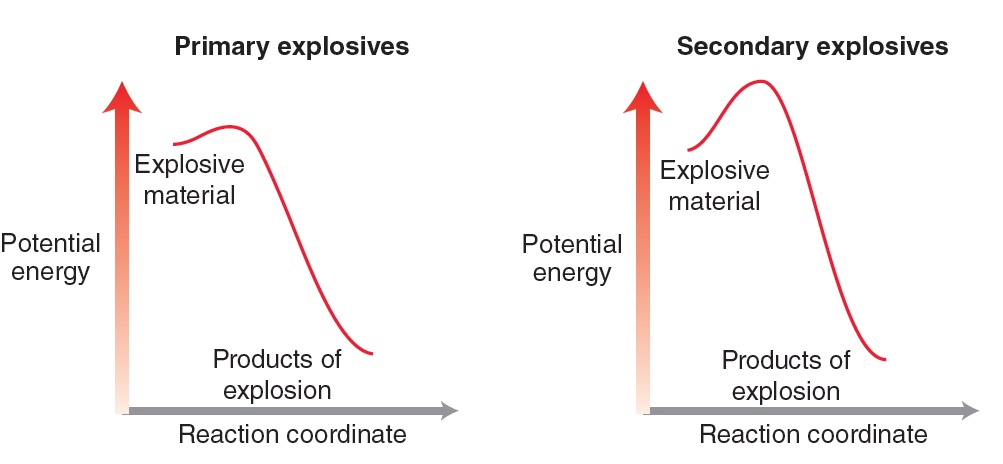
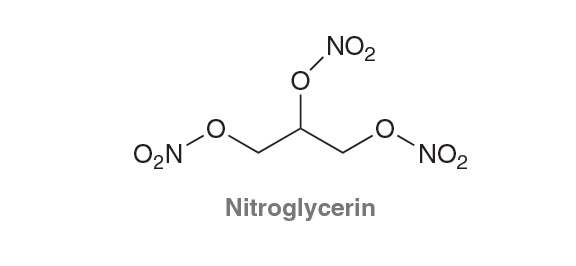

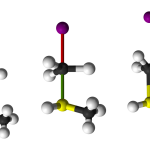



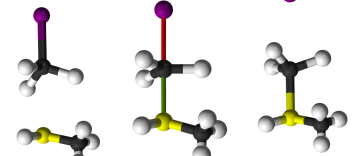




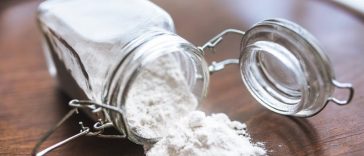

Comments
Loading…